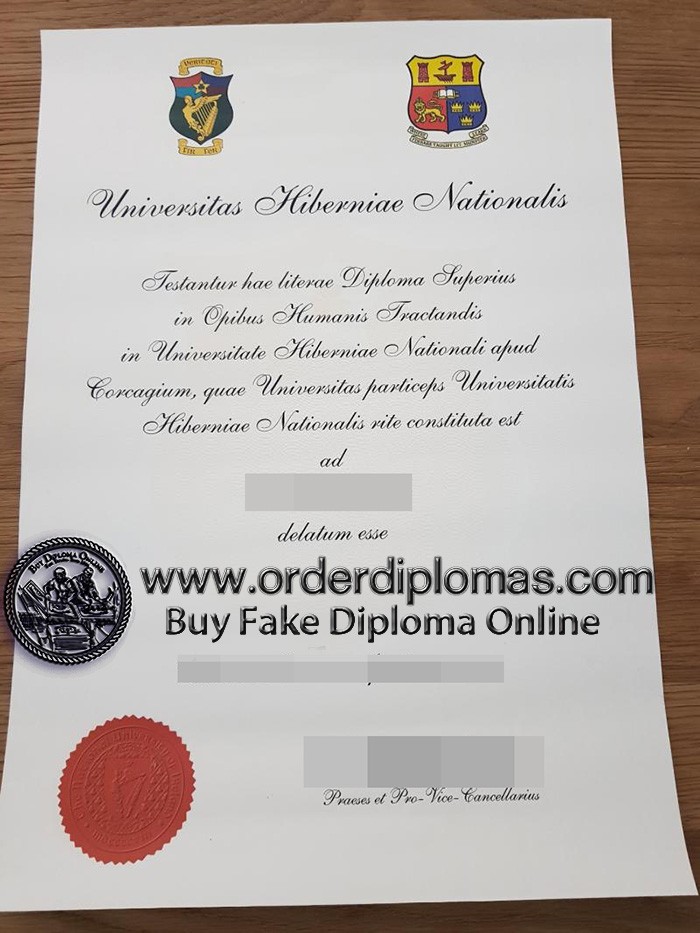
buy fake University College Cork certificate
Buy fake University College Cork diploma, buy fake University College Cork degree, buy fake University College Cork certificate, buy fake diploma, buy fake degree, buy fake certificate, buy fake University College Cork diploma online, make fake diploma, order fake diploma.
University College Cork – National University of Ireland, Cork (UCC) (Irish: Coláiste na hOllscoile Corcaigh) is a constituent university of the National University of Ireland, and located in Cork.
The university was founded in 1845 as one of three Queen’s Colleges located in Belfast, Cork, and Galway. It became University College, Cork, under the Irish Universities Act of 1908. The Universities Act 1997 renamed the university as National University of Ireland, Cork, and a Ministerial Order of 1998 renamed the university as University College Cork – National University of Ireland, Cork, though it continues to be almost universally known as University College Cork.
Amongst other rankings and awards, the university was named Irish University of the Year by The Sunday Times on five occasions; most recently in 2017. In 2015, UCC was also named as top performing university by the European Commission funded U-Multirank system, based on obtaining the highest number of “A” scores (21 out of 28 metrics) among a field of 1200 partaking universities. UCC also became the first university to achieve the ISO 50001 standard in energy management in 2011.
History
The “Long Hall” and the clock tower of the UCC quadrangle
Queen’s College, Cork, was founded by the provisions of an act which enabled Queen Victoria to endow new colleges for the “Advancement of Learning in Ireland”. Under the powers of this act, the three colleges of Belfast, Cork and Galway were incorporated on 30 December 1845. The college opened in 1849 with 23 professors and 181 students; Medicine, Arts, and Law were the three founding faculties. A year later the college became part of the Queen’s University of Ireland.
The original site chosen for the college was considered appropriate as it was believed to have had a connection with the patron saint of Cork, Saint Finbarr. His monastery and school of learning were close by at Gill Abbey Rock and the mill attached to the monastery is thought to have stood on the bank of the south channel of the River Lee, which runs through the college lower grounds. This association is also reflected in the college motto “Where Finbarr Taught, Let Munster Learn” which is also the university motto.
Adjacent to Gillabbey and overlooking the valley of the river Lee, the site was selected in 1846. The Tudor Gothic quadrangle and early campus buildings were designed and built by Sir Thomas Deane (1792-1871) and Benjamin Woodward (1816-1861). Queen’s College Cork officially opened its doors in November 1849, with further buildings added later, including the Medical/Windle Building in the 1860s.
National University of Ireland
In the following century, the Irish Universities Act (1908) formed the National University of Ireland, consisting of the three constituent colleges of Dublin, Cork and Galway, and the college was given the status of a university college as University College, Cork. The Universities Act, 1997, made the university college a constituent university of the National University and made the constituent university a full university for all purposes except the awarding of degrees and diplomas which remains the sole remit of the National University.
Today
UCC Student Centre with the O’Rahilly Arts and Commerce Building opposite
As of 2016, University College Cork (UCC) had 21,000 students. These included 15,000 in undergraduate programmes, 4,400 in postgraduate study and research, and 2,800 in adult continuing education across undergraduate, postgraduate and short courses. The student base is supported by 2,800 academic, research and administrative staff. As of 2017, UCC reportedly had 150,000 alumni worldwide.
Campus companies
The university has a number of related companies including: Cytrea, which is involved in pharmaceutical formulations; Firecomms, an ICT company concentrating on optical communications; Alimentary Health a biotech healthcare company; Biosensia who develop integrated micro-system analytical chips; Sensl, part of ON Semiconductor; Luxcel which is involved in the development of probes and sensors; and Optical Metrology Innovations which develops laser metrology systems.
Knowledge transfer
Innovation and Knowledge transfer is driven by UCC’s Office of Technology Transfer, an office of the university dedicated to commercialising aspects of UCC’s research and connecting researchers with industry. Recent spin outs from the college include pharmaceutical company Glantreo, Luxcel Biosciences, Alimentary Health, Biosensia, Firecoms, Gourmet Marine, Keelvar, Lee Oncology, and Sensl.

 USA Diplomas
USA Diplomas Canada Diplomas
Canada Diplomas UK Diplomas
UK Diplomas Australia Diplomas
Australia Diplomas Germany Diplomas
Germany Diplomas Malaysia Diplomas
Malaysia Diplomas Singapore Diplomas
Singapore Diplomas Other countries
Other countries Transcript-Form.xlsx
Transcript-Form.xlsx
